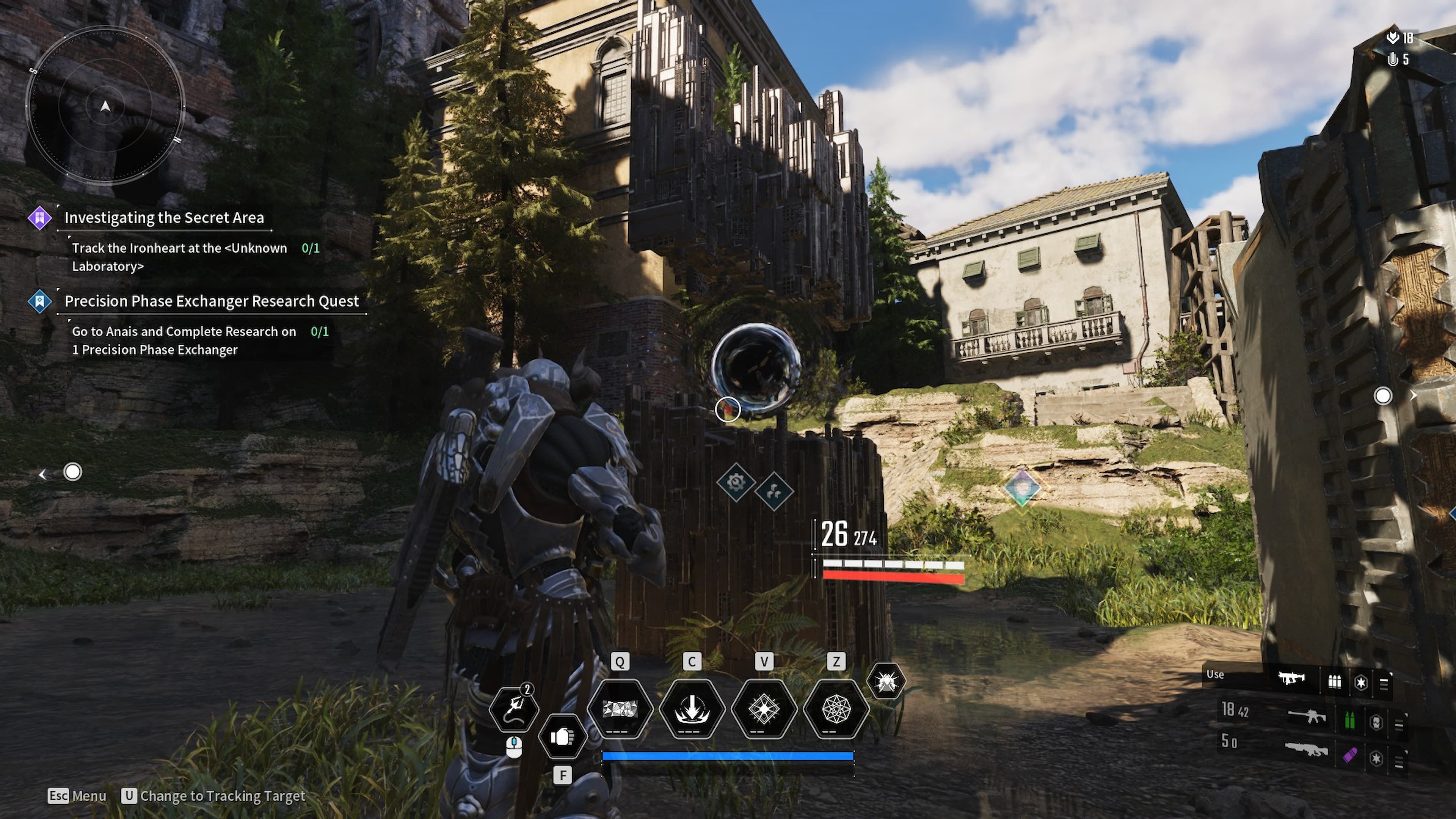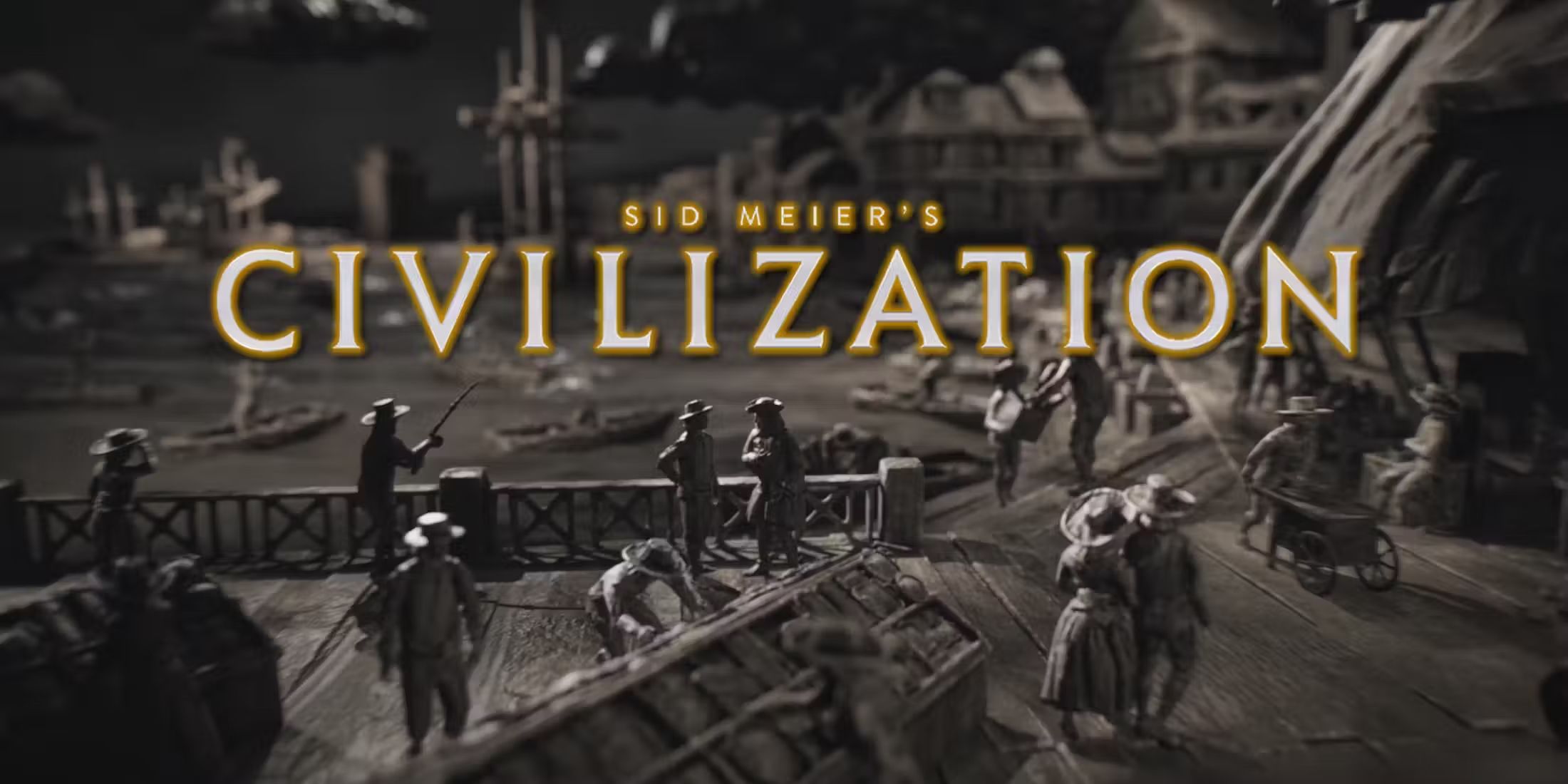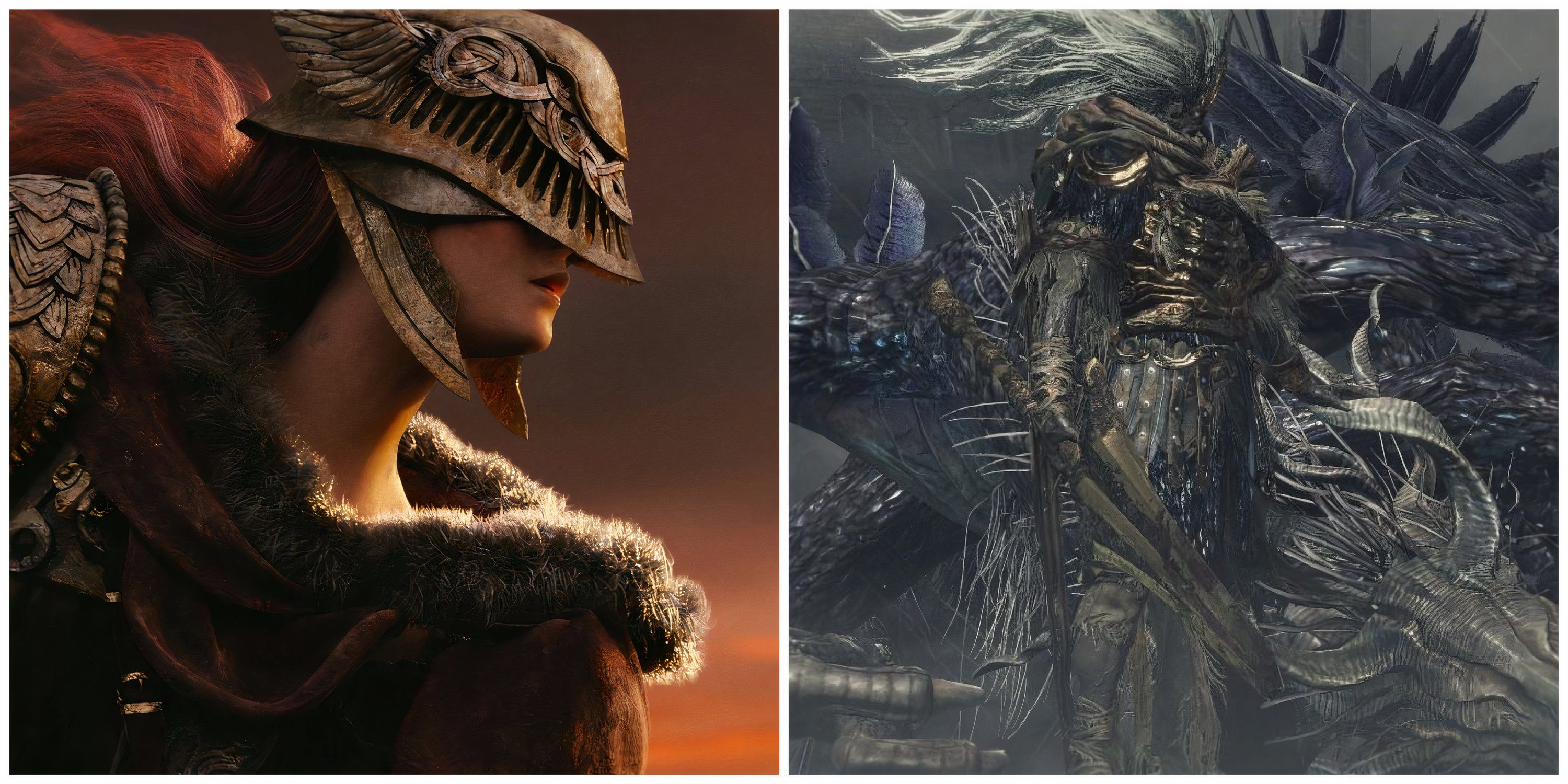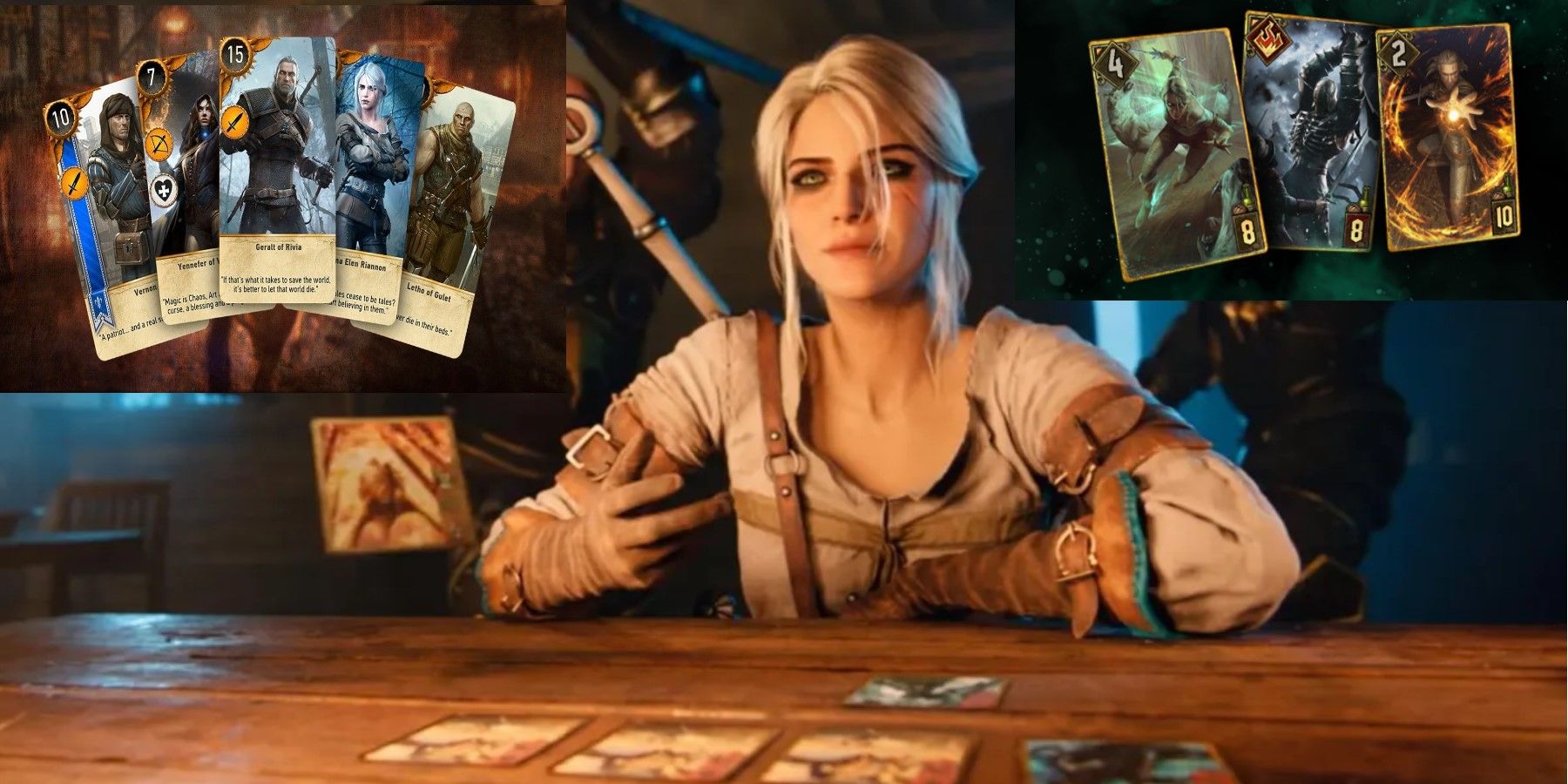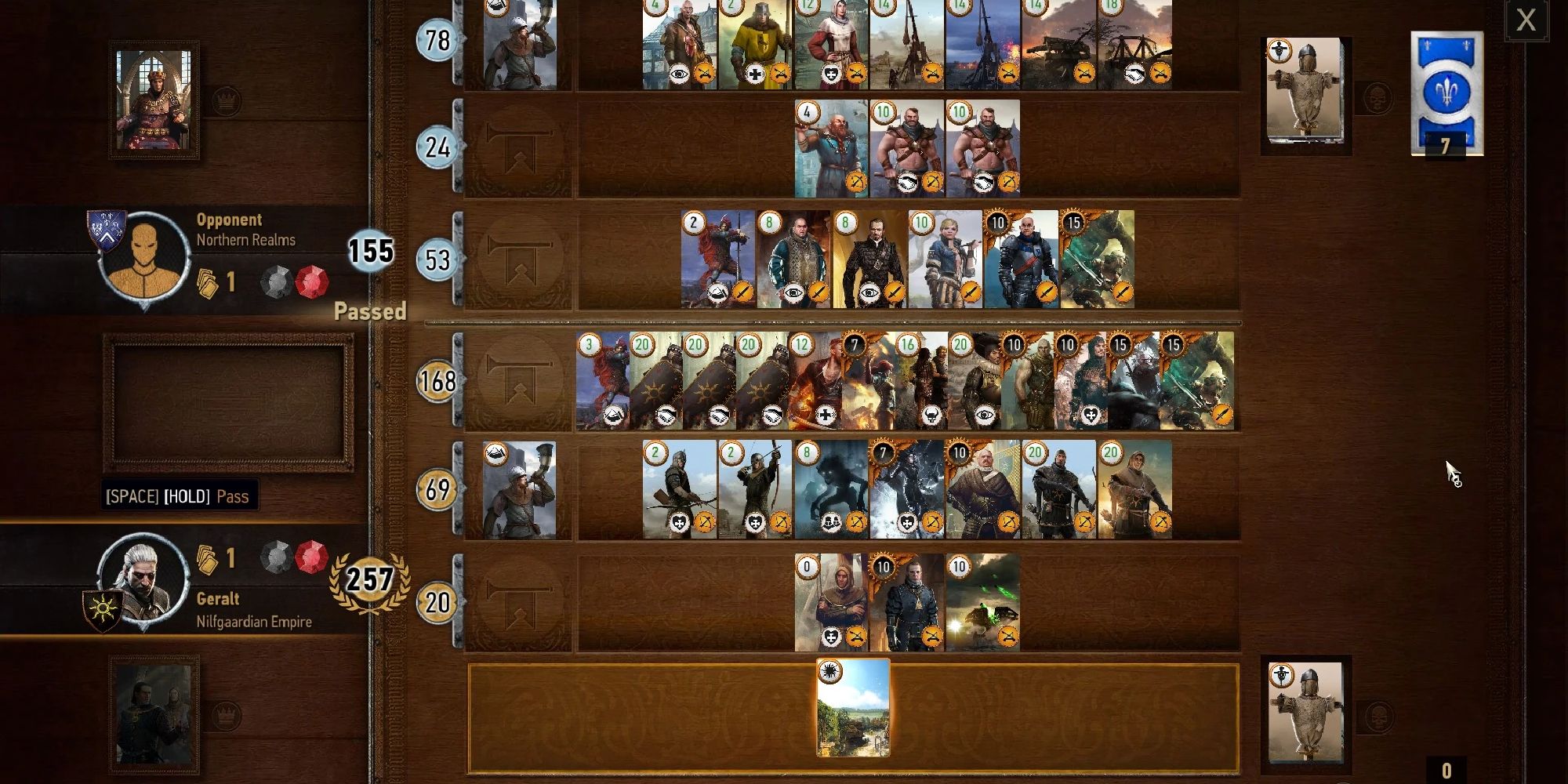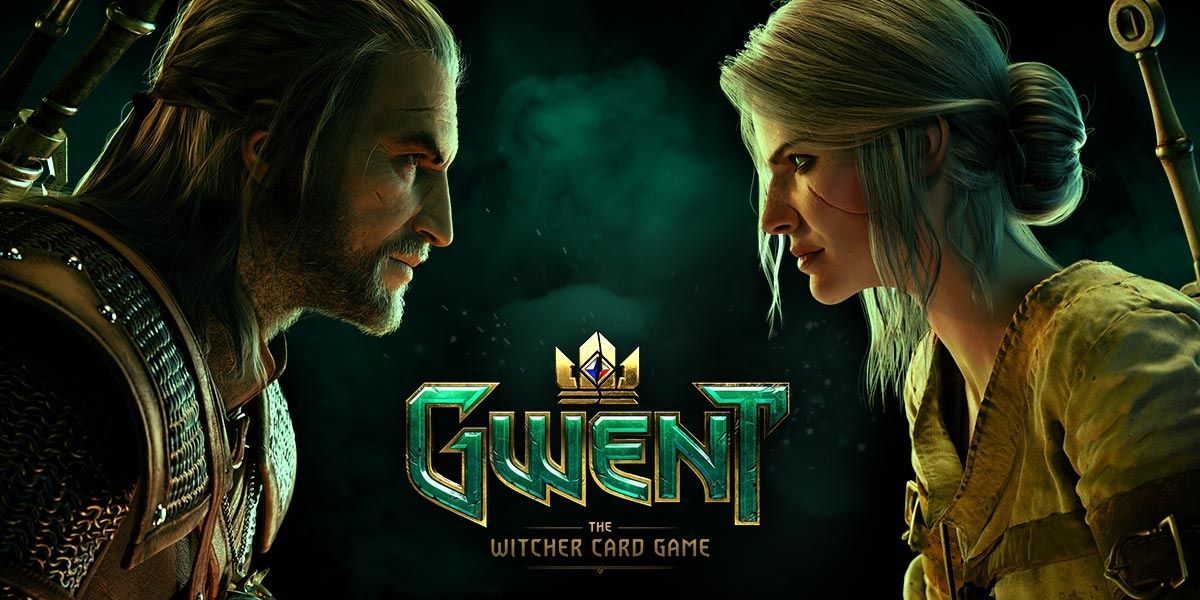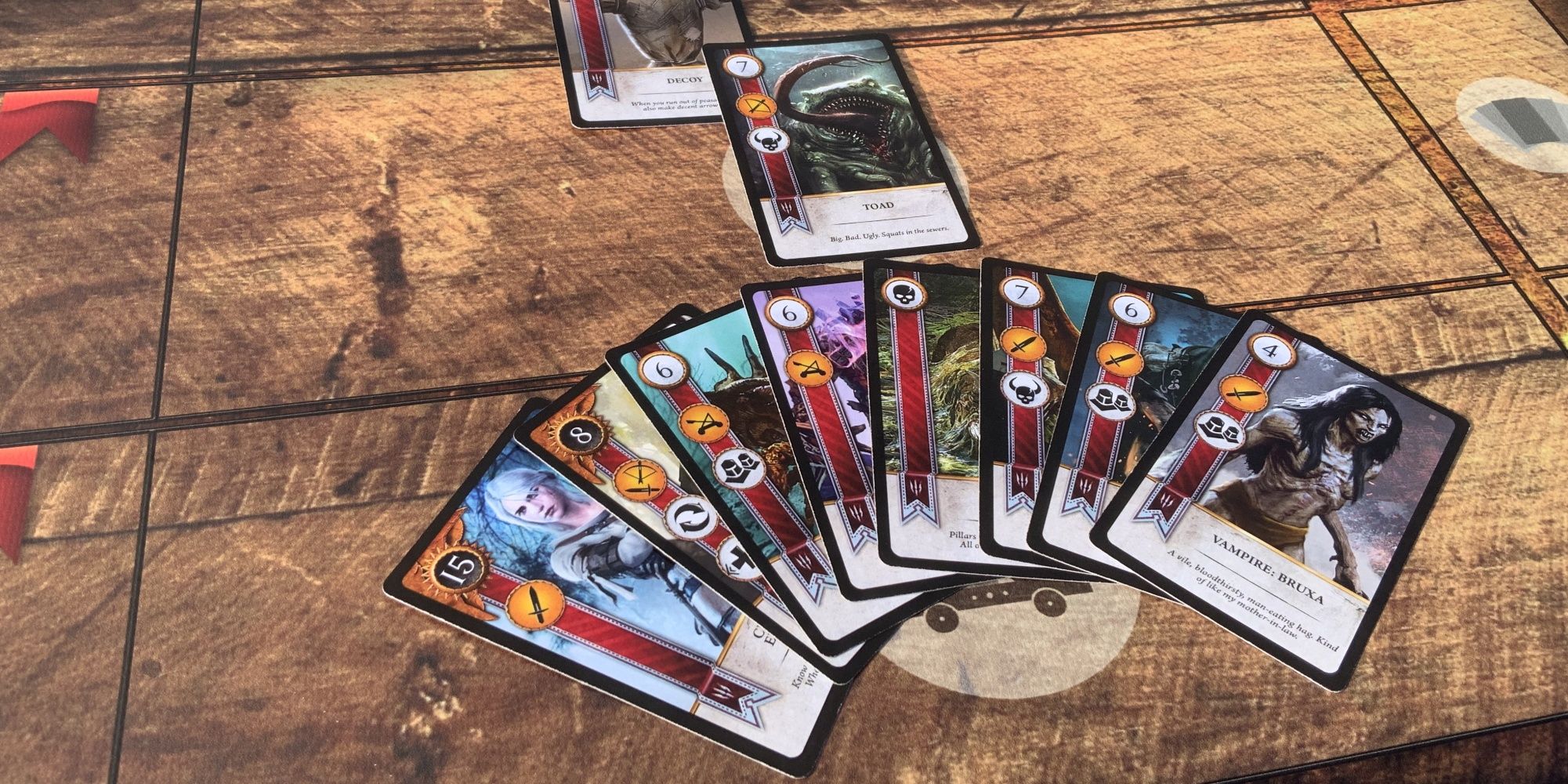Highlights
- Gwent, originally a mini-game in The Witcher series, has become a Continent-wide phenomenon and one of the most enduring elements of the Witcher universe.
- Gwent: The Witcher Card Game, a free-to-play game, offers players a larger variety of cards, more powerful abilities, and options for casual and competitive play.
- While CD Projekt Red has announced plans to end support for Gwent, the game will remain available to play online with a community-focused approach, and fans hope for its inclusion in future Witcher projects.
Whether he's hunting down monsters, toppling tyrannical regimes, or chasing the Wild Hunt itself between dimensions, Geralt of Rivia always has time for a game of Gwent, which then became a full-fledged video game called Gwent: The Witcher Card Game. Beginning its life as an offhand mention in one of Andrzej Sapkowski's original Witcher novels, Gwent officially debuted as a mini-game in The Witcher 3: Wild Hunt.
Gwent was then released as a free-to-play game that now boasts multiple expansions, competitive tournaments, and hundreds of cards to choose from. In the years since its release, Gwent has become more than a mini-game and stands on its own as one of the most enduring and popular elements of the Witcher universe.
A Brief History of Gwent
In Baptism of Fire, the fifth book in the Witcher series, Geralt and his traveling companions are introduced to a dwarvish card game called "Gwint" (meaning "thread" or "helix") in the original Polish and "Barrel" in the English translations of the novels. Gwint is described as possessing "complicated rules" that Geralt is unable to understand; the Witcher likens it to "an auction at a horse fair" rather than a card game. Despite his lack of understanding, Geralt finds himself fascinated by the game due to the "amazing, intricate workmanship of the cards and the drawings of the figures." Gwint - now translated as "Gwent" - is offhandedly mentioned by several dwarves in the first two Witcher games before debuting fully as a mini-game in The Witcher 3.
By the time of The Witcher 3, Gwent had become a Continent-wide phenomenon, and Geralt is a skilled and avid player. Players of Wild Hunt are encouraged to challenge NPCs throughout the game's world to Gwent matches in order to build their decks and collect every available card. The cards are split into four (later five) factions and feature allies, enemies, and monsters from throughout the series - including, of course, Geralt himself, as one of the game's most powerful cards. Gwent's simple but surprisingly deep gameplay, the sheer variety of decks that can be built, and the satisfaction of collecting a full set card-by-card quickly led to the mini-game gaining enduring popularity. Geralt's constant readiness to play a round, even with the likes of Emperor Emhyr and the Wild Hunt breathing down his neck, also quickly reached memetic status.
Gwent Gains A Life Of Its Own
Spurred by Gwent's unexpected popularity, CD Projekt Red announced plans for a spinoff in mid-2016, barely a year after Wild Hunt's release. The full version of Gwent required a significant overhaul of the rules as well as the addition of many more cards and card effects. Due to the scope of the changes needed, Gwent: The Witcher Card Game remained in beta testing for over two years, finally seeing a full release on October 23, 2018. It was originally made available for PlayStation 4 and Xbox One as well as PC, but the console version was shut down in late 2019 due to CDPR experiencing difficulties properly supporting those versions. Today, Gwent remains available on PC and both Android and iOS devices.
Fully free-to-play, Gwent: The Witcher Card Game retains the same basic structure as its mini-game origins. Two players battle it out with decks representing armies, with multiple factions available to choose from. However, unlike the Wild Hunt version of Gwent, players can work with larger decks, and cards - particularly faction leaders - feature newer and more powerful abilities. Options are available for both casual and ranked competitive play; the game also features a mode called Arena, hosted by Wild Hunt antagonist Gaunter O'Dimm, which involves drawing random cards from a mix of factions and building a deck from them.
Shortly after its debut as a full-fledged game, Gwent entered the eSports arena with the Gwent Masters tournament, organized by CD Projekt Red itself. Gwent Masters consists of a series of qualifying tournaments held between February-May and July-October, with the final rounds held annually in December. However, CD Projekt Red recently announced that the 2023 season of Gwent Masters - its fifth - would be the final one, coinciding with a planned end of support for Gwent.
Where Will Gwent Go From Here?
Five years since its debut as a game of its own and nearly a decade since its introduction in The Witcher 3, Gwent is still going strong. Although the game is now available only on PC and mobile devices, it still remains popular due to its free-to-play nature and relatively simple, addictive, gameplay loop. However, CD Projekt Red has announced its intent to end support for the game, although the current plan will see the game remain online and available to play via a community-focused approach beginning in 2024, where experienced players will be able to vote on planned changes.
In 2018, Gwent received a single-player spinoff in the form of Thronebreaker: The Witcher Tales. It combines point-and-click adventure elements with Gwent-based combat. Players take on the role of Queen Meve, the ruler of Lyria and Rivia, as she leads her country's armies against the forces of the Nilfgaardian Empire. Currently, there are no reported plans for a sequel to Thronebreaker or another Gwent-based single-player game, despite the "Witcher Tales" subtitle implying that more games might be forthcoming. However, some fans continue to hope that a sequel might eventually appear.
Currently, the biggest question for Gwent is whether it will make its triumphant return in CD Projekt Red's upcoming Witcher projects, which are confirmed to include a remake of the original Witcher game. This remake could be a perfect opportunity to bring Gwent into earlier Witcher titles, possibly as a replacement for the first game's "card collection" system in which players received cards representing women Geralt slept with. It is also possible that a potential Witcher 4 could feature Gwent, possibly updated with new cards and new factions. Even if Geralt himself no longer takes on the protagonist role in future games, there are plenty of avid Gwent players on the Continent who could easily ensure the beloved mini-game returns in some form or another.
Gwent: The Witcher Card Game is currently available for Android, iOS, and PC.

